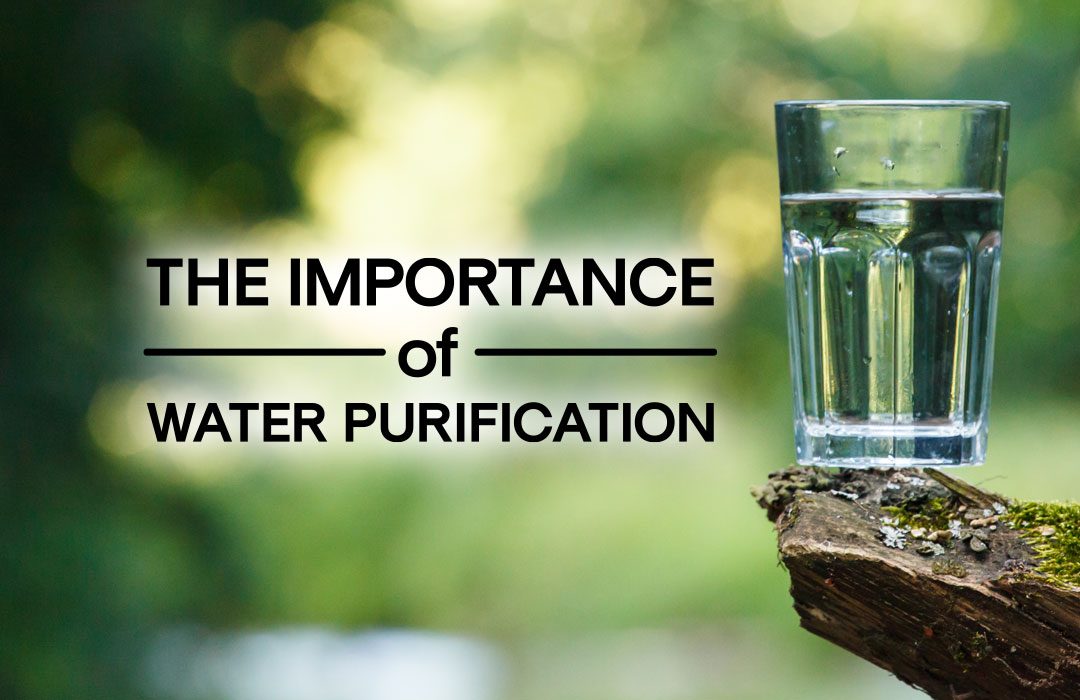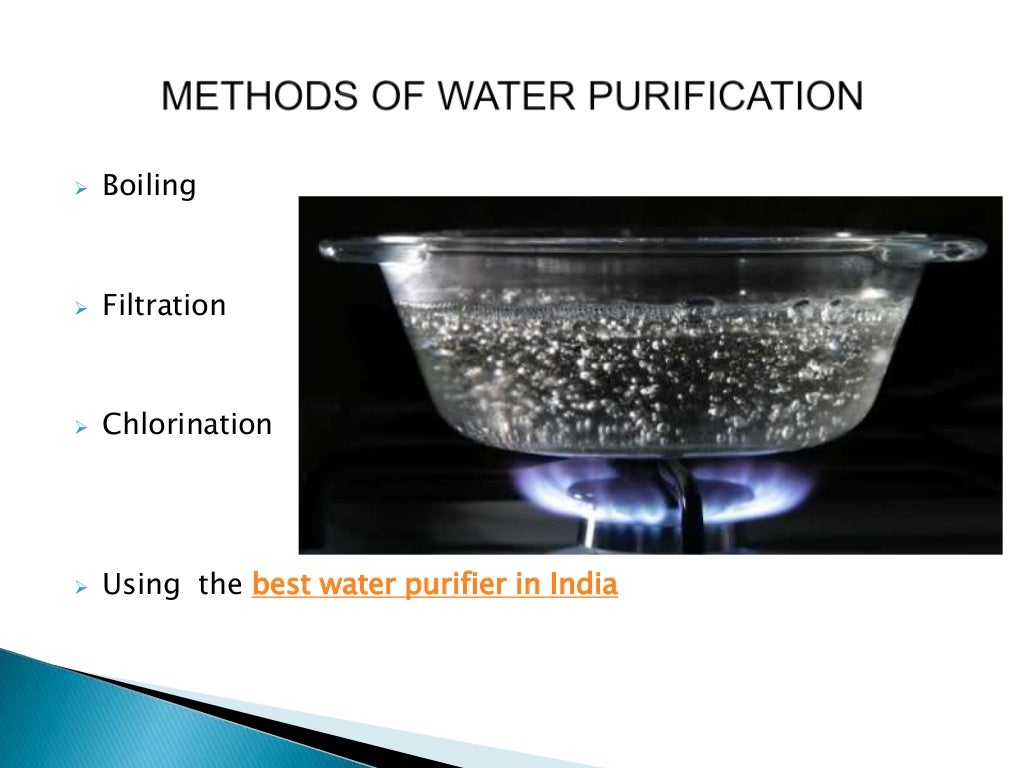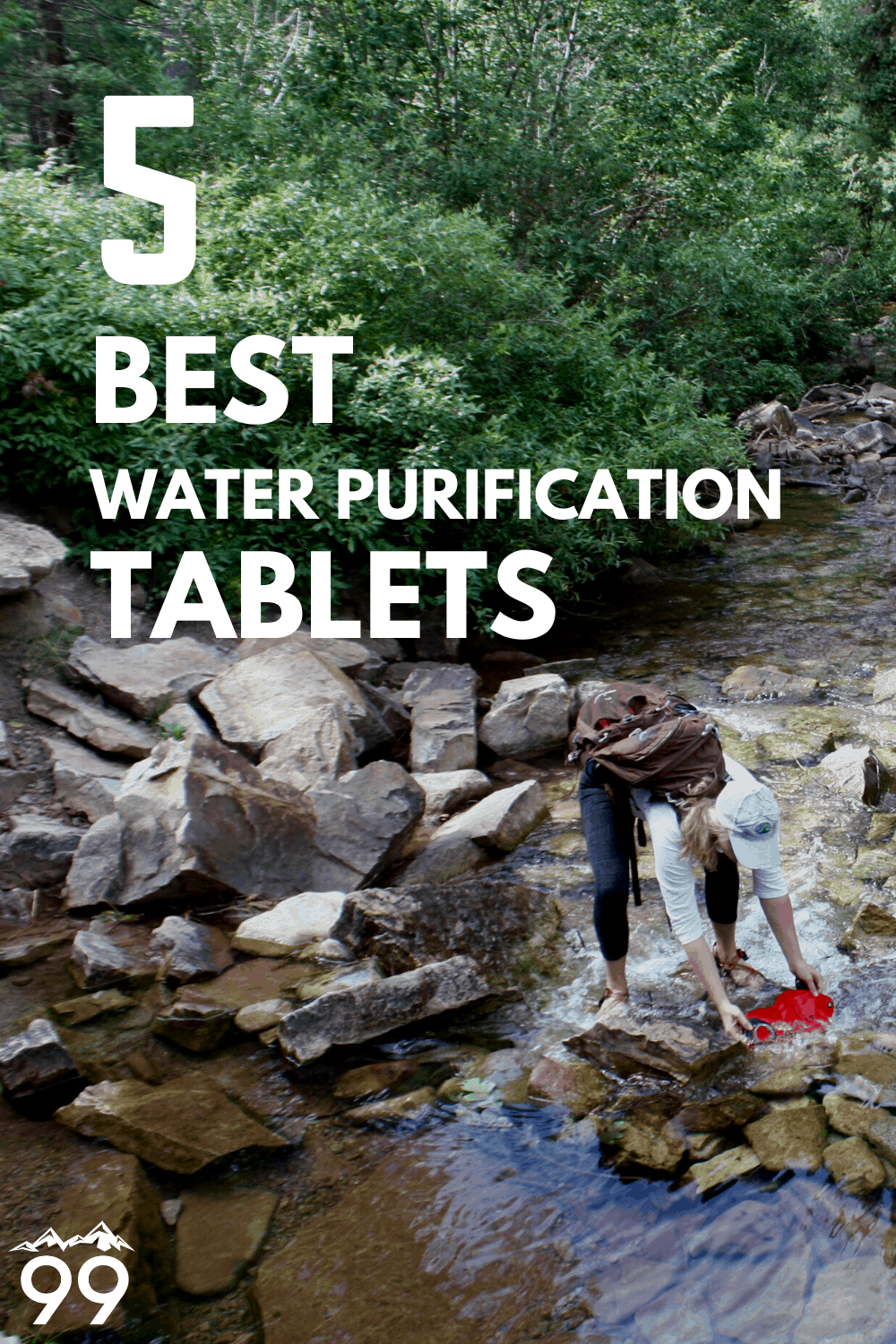Water purification is a vital process that removes harmful contaminants from water, making it safe for drinking, cooking, and other household uses. Here are several reasons why water purification is important:

Safe Drinking Water: Access to clean and safe drinking water is a basic human right. Water purification plays a crucial role in ensuring the quality and safety of drinking water by removing harmful microorganisms, pollutants, and other contaminants that can cause waterborne diseases, such as cholera, typhoid, and dysentery. Proper water purification techniques help reduce the risk of contracting these diseases and improve public health.

Prevention of Waterborne Illnesses: Waterborne illnesses are a major public health concern, affecting millions of people worldwide. Contaminated water can carry disease-causing microorganisms, such as bacteria, viruses, and parasites, which can lead to various health problems, including gastrointestinal issues, skin infections, and reproductive disorders. Water purification methods, such as boiling, filtration, and disinfection, effectively remove these contaminants, preventing the spread of waterborne diseases.

Improved Taste and Odor: Impurities present in water can affect its taste and odor, making it unpleasant to drink. Water purification techniques, such as activated carbon filtration and reverse osmosis, remove these impurities, resulting in water with a better taste and odor, making it more palatable for drinking and cooking.
Removal of Harmful Chemicals and Heavy Metals: Water sources can be contaminated with harmful chemicals, heavy metals, and other pollutants from industrial activities, agricultural runoff, and natural mineral deposits. These contaminants can pose serious health risks. Water purification systems employing technologies like activated carbon adsorption, ion exchange, and reverse osmosis effectively remove these contaminants, ensuring the safety of water for consumption and household use.
Protection of Household Appliances and Fixtures: Impurities in water can also damage household appliances and fixtures. Hard water, for example, can cause limescale buildup in water heaters, pipes, and faucets, leading to reduced efficiency, increased energy consumption, and premature failure of appliances. Water purification systems that address water hardness, such as water softeners or reverse osmosis systems, can protect appliances and extend their lifespan.
Environmental Sustainability: Water purification is crucial for sustainable water management. Treating wastewater and reclaiming it for reuse reduces the demand for freshwater resources and helps conserve precious water supplies. Additionally, by removing pollutants from water before it is discharged into the environment, water purification helps protect aquatic ecosystems and aquatic life.
In conclusion, water purification is essential for providing safe drinking water, preventing waterborne illnesses, improving the taste and odor of water, removing harmful chemicals and heavy metals, protecting household appliances, and supporting environmental sustainability. Investing in effective water purification systems ensures access to clean and safe water, safeguarding public health and promoting a better quality of life.










